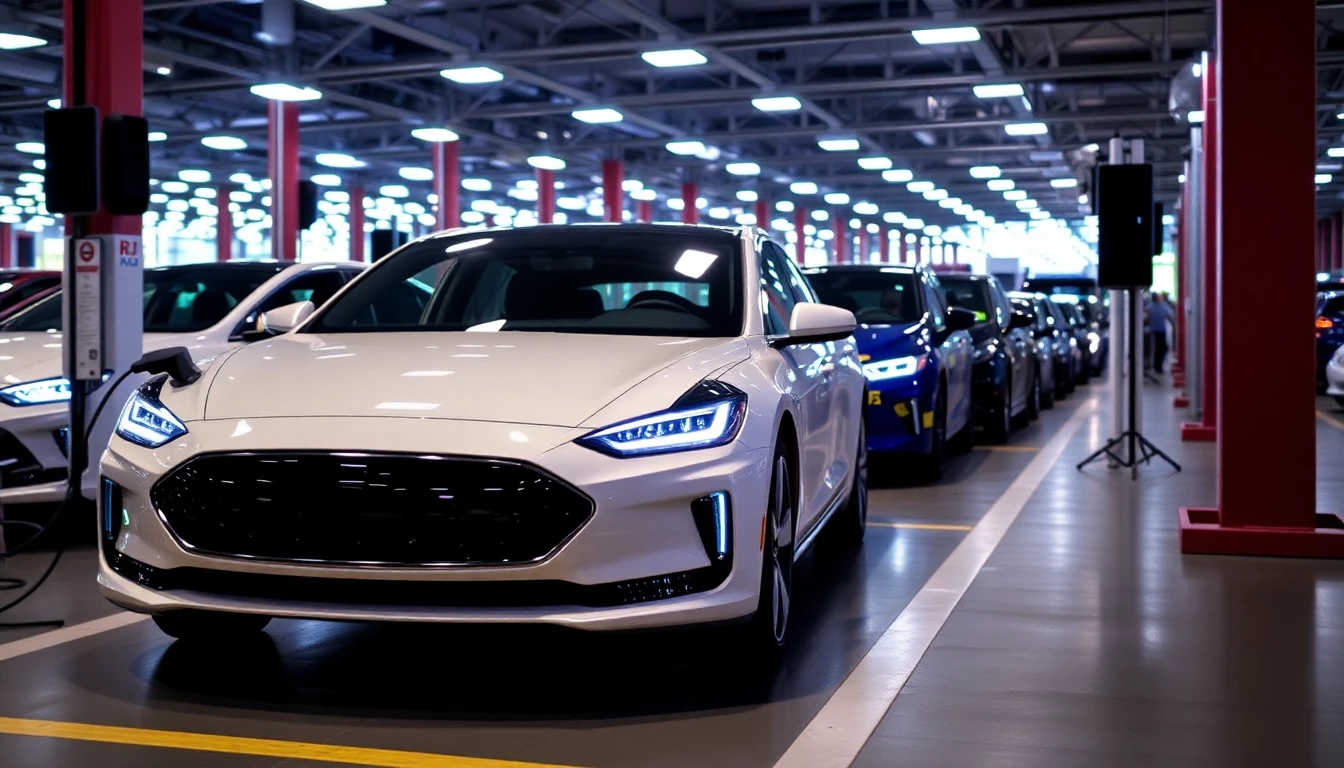
Recent discussions between China and the European Union regarding electric vehicle (EV) tariffs have illuminated significant divides that remain unresolved. As both parties seek to enhance their trade relations, it appears that fundamental disagreements are hampering progress.
Sources close to the negotiations have reported that despite ongoing dialogue, key issues are still at the forefront of the discussions. China has expressed strong concerns over potential tariffs imposed by the EU, which it views as discriminatory practices targeting its EV manufacturers. This contention is part of a broader tension in international trade, particularly as the world shifts towards greener technologies.
The European Union has indicated that it is considering measures to protect its automotive sector, which has raised alarms in Beijing. China, a major player in the global EV market, argues that imposing tariffs on its vehicles could lead to retaliatory actions and escalate trade tensions. The Chinese government has called for fair competition and warned against what it describes as 'protectionist' measures affecting its businesses.
EU officials have been vocal about their intent to support local automakers and ensure a robust transition to electric vehicles. However, this has come at the cost of strained relations with China, which has become a pivotal supplier of EV components and technology. The situation is complicated further by global supply chain dynamics, as many European companies rely on Chinese products to maintain competitiveness.
In recent statements, both sides have acknowledged the complexity of the situation. Chinese officials reiterated their commitment to working collaboratively with EU counterparts to find common ground. Nevertheless, the path ahead is fraught with challenges, and it remains unclear how these negotiations will unfold.
The outcome of these discussions could have far-reaching implications not only for the EV market but also for the broader landscape of international trade. Stakeholders from various sectors are watching closely, and any decision made could set a precedent for how countries approach trade in the era of environmental sustainability.
As the dialogues continue, the global community is increasingly aware that the relationship between China and the EU will be critical in shaping the future of electric vehicles and clean technology initiatives around the world.
For now, both sides are left navigating a narrow passage, striving for an amicable resolution that can satisfy the competing interests of domestic industries while fostering a cooperative international atmosphere.
Stay tuned as this story develops, particularly regarding any changes to policy proposals and the potential impact on the electric vehicle industry.
#China #EU #ElectricVehicles #EVTariffs #InternationalTrade #AutomotiveIndustry #GlobalEconomy #SustainableTransport #TradeRelations
Author: Laura Mitchell




